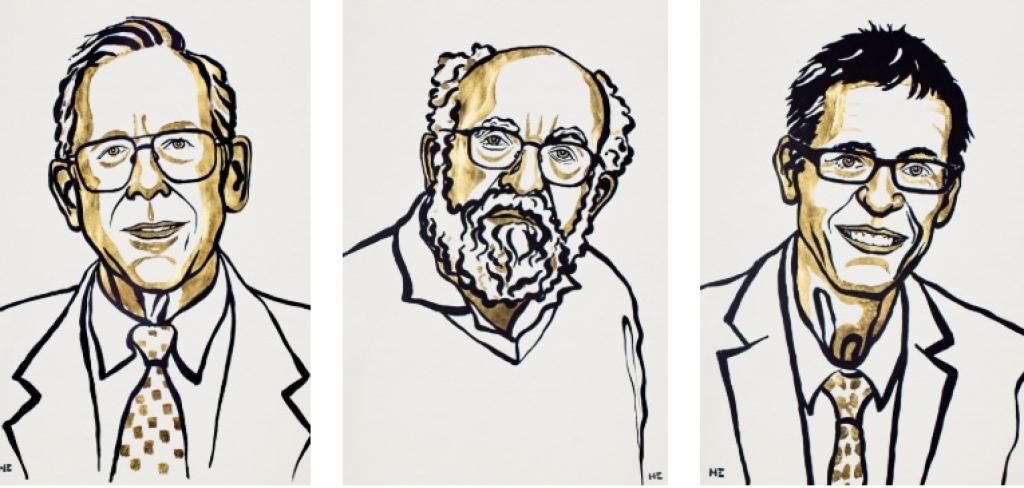

US scientist James Peebles and Swiss scientists Michael Mayor and Didier Queloz are recipients of the prize for 2019


 An American scientist has been awarded this year’s Nobel Prize for Physics for his theory related to the Big Bang theory along with two Swiss scientists for their discovery of a planet outside the solar system, according to the Nobel Prize website.
An American scientist has been awarded this year’s Nobel Prize for Physics for his theory related to the Big Bang theory along with two Swiss scientists for their discovery of a planet outside the solar system, according to the Nobel Prize website.
James Peebles from the United States and Michel Mayor and Didier Queloz from Switzerland are the joint recipients of the prestigious prize.
“This year’s Nobel Prize in Physics rewards new understanding of the universe’s structure and history, and the first discovery of a planet orbiting a solar-type star outside our solar system,” the press statement on the website read.
Peebles was awarded for his theory on what happened after the Big Bang took place nearly 14 billion years ago.
“The Big Bang model describes the universe from its very first moments, almost 14 billion years ago, when it was extremely hot and dense. Since then, the universe has been expanding, becoming larger and colder,” the statement read.
It added that 400,000 years after the Big Bang, the universe had become transparent and light rays were able to travel through space. “Even today, this ancient radiation is all around us and, coded into it, many of the universe’s secrets are hiding,” it noted.
“Using his theoretical tools and calculations developed since the mid-1960s, James Peebles was able to interpret these traces from the infancy of the universe and discover new physical processes,” it added.
Peebles’ results showed a universe to humanity in which just five per cent of the content was known. Finding out the mysteries behind the remaining 95 per cent was a challenge to modern physics, said the statement.
On the other hand, in October 1995, Michel Mayor and Didier Queloz had announced the first discovery of a planet outside the solar system,
The discovery of the planet ‘51 Pegasi b’ from the Haute-Provence Observatory in southern France, ‘started a revolution in astronomy and over 4,000 exoplanets have since been found in the Milky Way’.
These discoveries challenged the world’s preconceived ideas about planetary systems and building up on them in the future might just help answer humanity’s eternal quest about whether life exists outside of the earth and the solar system, the statement noted.
We are a voice to you; you have been a support to us. Together we build journalism that is independent, credible and fearless. You can further help us by making a donation. This will mean a lot for our ability to bring you news, perspectives and analysis from the ground so that we can make change together.
India Environment Portal Resources :

Comments are moderated and will be published only after the site moderator’s approval. Please use a genuine email ID and provide your name. Selected comments may also be used in the ‘Letters’ section of the Down To Earth print edition.